
The New Deal
A Modern History
Reprinted by permission of Free Press, a Division of Simon & Schuster, Inc.
ISBN: 9781439154489
Pages: 512
Recommendation
You may think of Franklin Roosevelt as a sepia-toned hero who smoothly guided the United States out of the Depression. As this captivating history makes clear, that is partly true – but not entirely. Roosevelt was a hero in some ways, but his path was decidedly messy. Pulitzer Prize-winning journalist Michael Hiltzik guides readers through the fits and starts of “New Deal” policies. It turns out that New Deal program ideas could spring from anywhere, whether Roosevelt’s avid imagination or the writings of an obscure economist. A few New Deal programs were miserable failures. And while FDR’s landslide victories paint a distant, historic picture of an overwhelmingly popular president, Hiltzik points out that Roosevelt had to overcome plenty of opposition to enact his policies. getAbstract recommends this revealing history to readers seeking a fresh look at a seminal chapter – and a seminal man – in American politics and economics.
Summary
About the Author
Los Angeles Times journalist Michael Hiltzik won the 1999 Pulitzer Prize for stories uncovering corruption in the entertainment industry. He is the author of Colossus: Hoover Dam and the Making of the American Century.









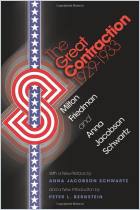
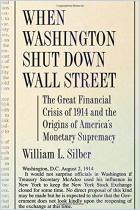
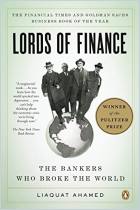
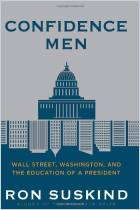
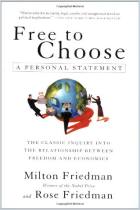
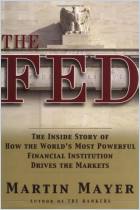



Comment on this summary or Начать обсуждение